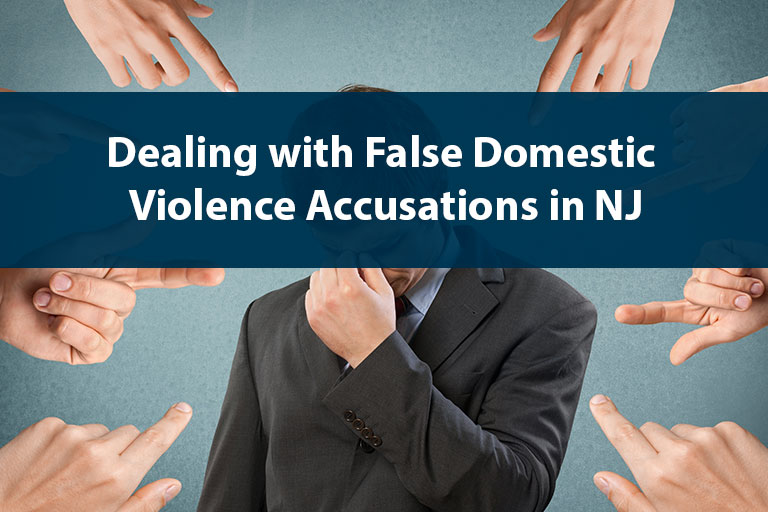What are the requirements for filing a restraining order in New Jersey, who do they protect, and do they work? If you have one filed against you, what does it mean, and can you ever get it lifted? All good questions, and exactly the ones you should be asking yourself. Restraining orders are applied for in the Family Court, and issued by Family Court Judges. So why is a criminal attorney writing about this? This area of law is procedurally family law, but is criminal law in it’s substantive analysis, and many of my clients are simultaneously charged with crimes that are the basis of the restraining order. Any person that is the victim of domestic violence may apply for a Temporary Restraining Order (TRO). To qualify as a victim of domestic violence under Rule 5:7A, a person must be a spouse or ex-spouse, or involved or previously involved in a romantic or sexual relationship, or be a family member, or have co-habitated with, or have a child with the defendant. To determine if an act qualifies as domestic violence, an alleged abuser must have committed one of the following crimes under title 2C: Harassment under 2C:33-4, Terroristic Threats under 2C:12-3, Stalking under 2C:12-10, Assault under 2C:12-1, Criminal Mischief under 2C:17-3, Sexual Assault under 2C:14-2, Lewdness under 2C:14-4, Trespass under 2C:18-3, or Burglary under 2C:18-2. During a hearing, if a judge is satisfied that these elements have been proven, he will finalize the restraining order, making it permanent (FRO). So, even though restraining orders are classified as civil litigation in the chancery division, it is my professional opinion that to properly represented clients, whether they are plaintiffs or defendants, an attorney should be highly skilled in criminal defense litigation.
Continue reading “Domestic Violence, And What You Need to Know About Restraining Orders In New Jersey”

